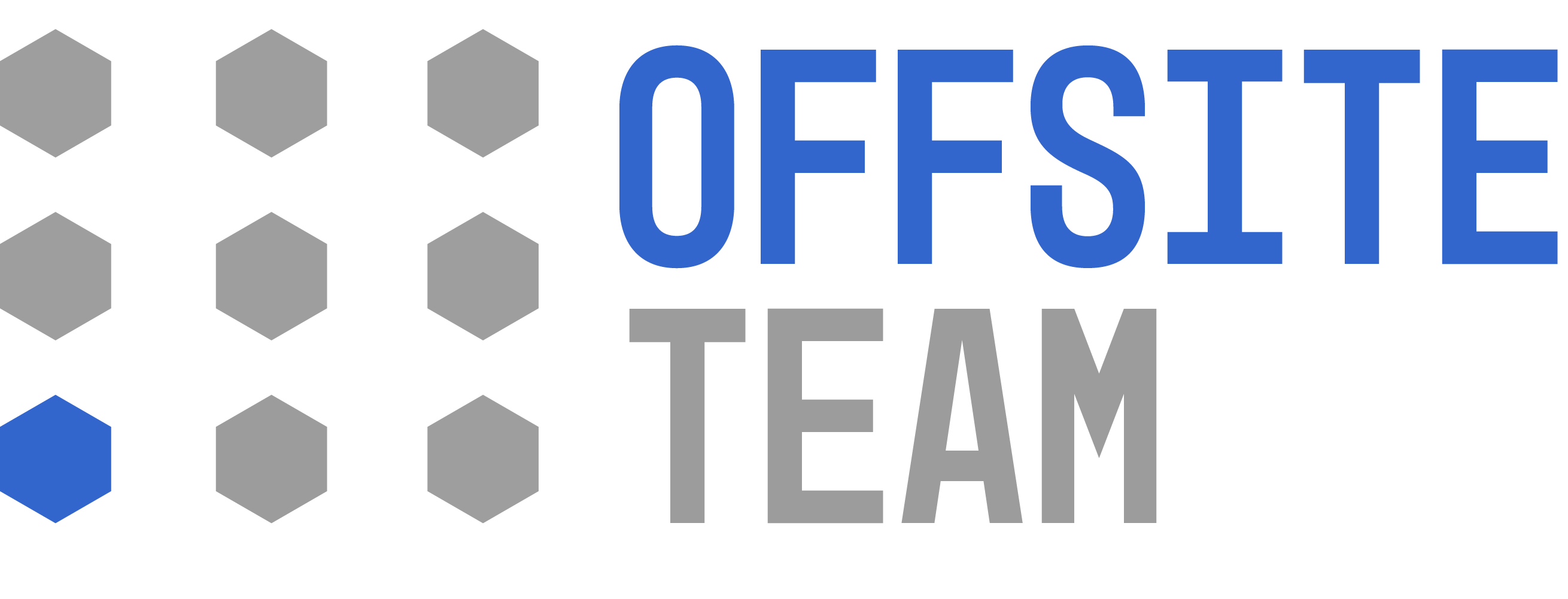The global insurance market is gradually improving, with both developed and developing nations experiencing industry growth. The US stands out among the industrialized nations due to its strong growth during the previous year. It has been noted that strong economic growth, rising interest rates, and increased investment income have contributed to the US insurance industry’s continued leadership. Additionally, one of the leading segments, the property and casualty industry, saw a 12.7% increase in the first half of 2018.
HealthTech, Online First Insurance providers, Distributors/Aggregators, API developers, IoT, and other specialist market segments are just a few that InsurTech organizations manage. Let’s dig in on some of these parts after presenting the MEDICI Top 21 – InsurTech Awards to identify the significant disruptors that are changing the game in the US:

Distributors and Aggregators
Aggregators & distributors, which facilitate insurance provider comparison and offer digital brokerage services, are the market’s dominant section. A few apps for managing personal insurance are also included in this list.
One of the best technology InsurTech startups, CoverHound, established in 2010, provides a platform for customers to shop for auto insurance. The website offers estimates and comparisons from property and liability insurance carriers for corporate and personal purposes. The total money raised by CoverHound is $112 million.
When it comes to life insurance, long-term disability insurance, renters insurance, and pet insurance, PolicyGenius, which was formed in 2014, offers users pricing comparison data. Funding for PolicyGenius has reached $51.05 million overall.
HealthTech
Startups focusing on health technology mostly serve insurance services for medical items that use technology to automate payments, offer insurance to clients who need it, and collaborate with physicians and hospitals.
Oscar, a HealthTech company founded in 2013, provides health insurance products using technology, analytics, and design with a focus on putting the client’s needs first. It uses predictive models and data to improve the patient-physician connection and offer the best health plans. It has received $1.3 billion in funding.
Bright Health, one of the best InsurTech startups, founded in the US in 2015, offers health insurance including Medicare Advantage plans, family plans, and individual insurance. It also provides health systems, financial incentives for high-quality healthcare, and digital health solutions. It has received $440 million in financing.
First Insurance Online
These businesses connect distributors and insurers and provide insurance goods online. Customers they serve include individuals, SMEs, and even companies in particular industries.
Lemonade, founded in 2015, is a P2P insurance platform that started among InsurTech startups and provides property and liability insurance products using behavioral economics and artificial intelligence. It offers homeowners, renters, and condo insurance in California, New York, and Illinois and allows users to communicate with a chatbot to specify coverage requirements and location. It has received $480 million in funding.
Insurance, founded in 2016, is an online platform that helps SMEs and business owners protect and grow their businesses in various sectors, including building, beauty, cleaning, exercise, and entertainment. Its policies cover commercial vehicles, workers’ compensation, and business & professional liability insurance. It has received $131 million in funding.
IoT
These businesses give insurance providers the option to lower premiums. They are causing the insurance markets to undergo a new era of digital upheaval.
American Well, among the top InsurTech startups, established in 2006, is a web and mobile platform that enables the communication between patients and physicians using video, secure chats, and text messages. It aims to improve access to affordable, high-quality healthcare and increase transparency. It has received $365.4 million in investment
Metromile, launched in 2011, offers pay-per-mile auto insurance using a tool that calculates the cost based on mileage. The company’s free plug-in gadget and Metronome app (which tracks vehicle location and provides daily trip advice) turn standard vehicles into intelligent vehicles. The business has raised an undisclosed amount.
White Label/API
InsurTech startups have InsurTech platforms that use APIs and white-label technology to analyze data, use algorithms, and deduce client behavior to offer and match the best insurance products. Improving client experience allows insurers to share services and information with outside parties.
OutSystems is a software platform that allows businesses to develop their program, interface it with another system, and add custom code. It also tracks app performance. It has received $422 million in funding.
Gusto, a 2011 novelty in the InsurTech startup world, offers automated, user-friendly, cloud-based solutions for payroll, benefits, and workers’ compensation. The business develops appropriate insurance policies for both people and employers using payroll data that algorithms analyze. Total funding for the startup has reached $516 billion.
The 2009-founded company CareCloud provides software and services for cloud-based health information technology. Claims submissions, patient billing, scheduling, insurance verification, task management, real-time patient flows, clinical summaries, quick charting, and collective intelligence are all aided by it. Total financing for the startup has reached $150 million.
The Offsite team can answer all your questions about the InsurTech startups you are interested in. They can advise you about anything you need to know in order to start your journey in InsureTech.





